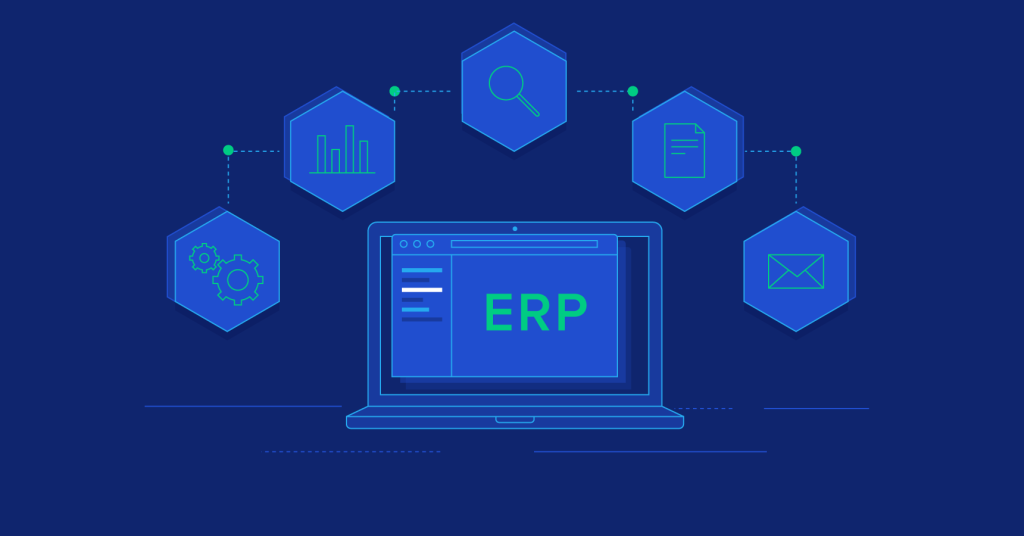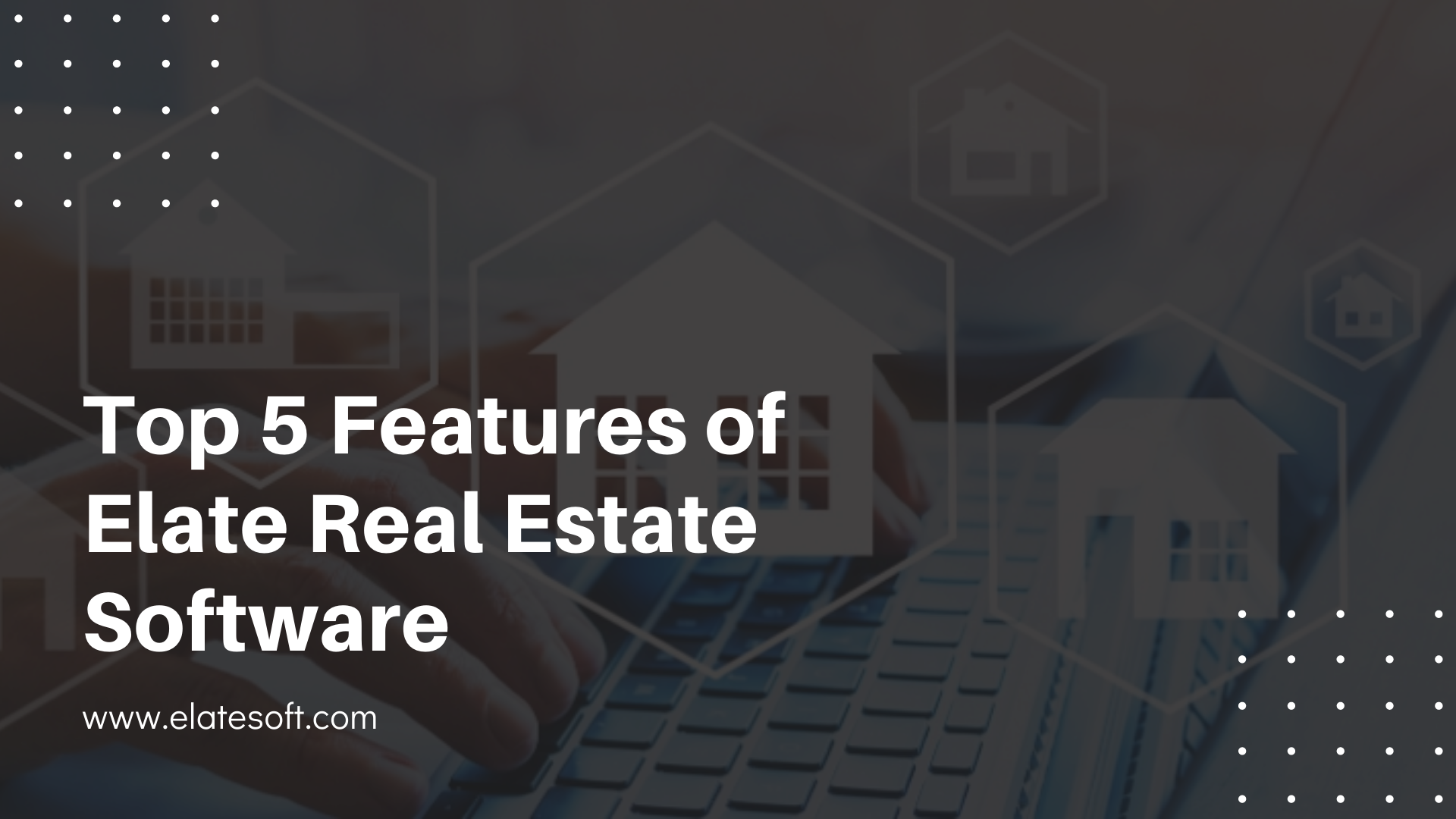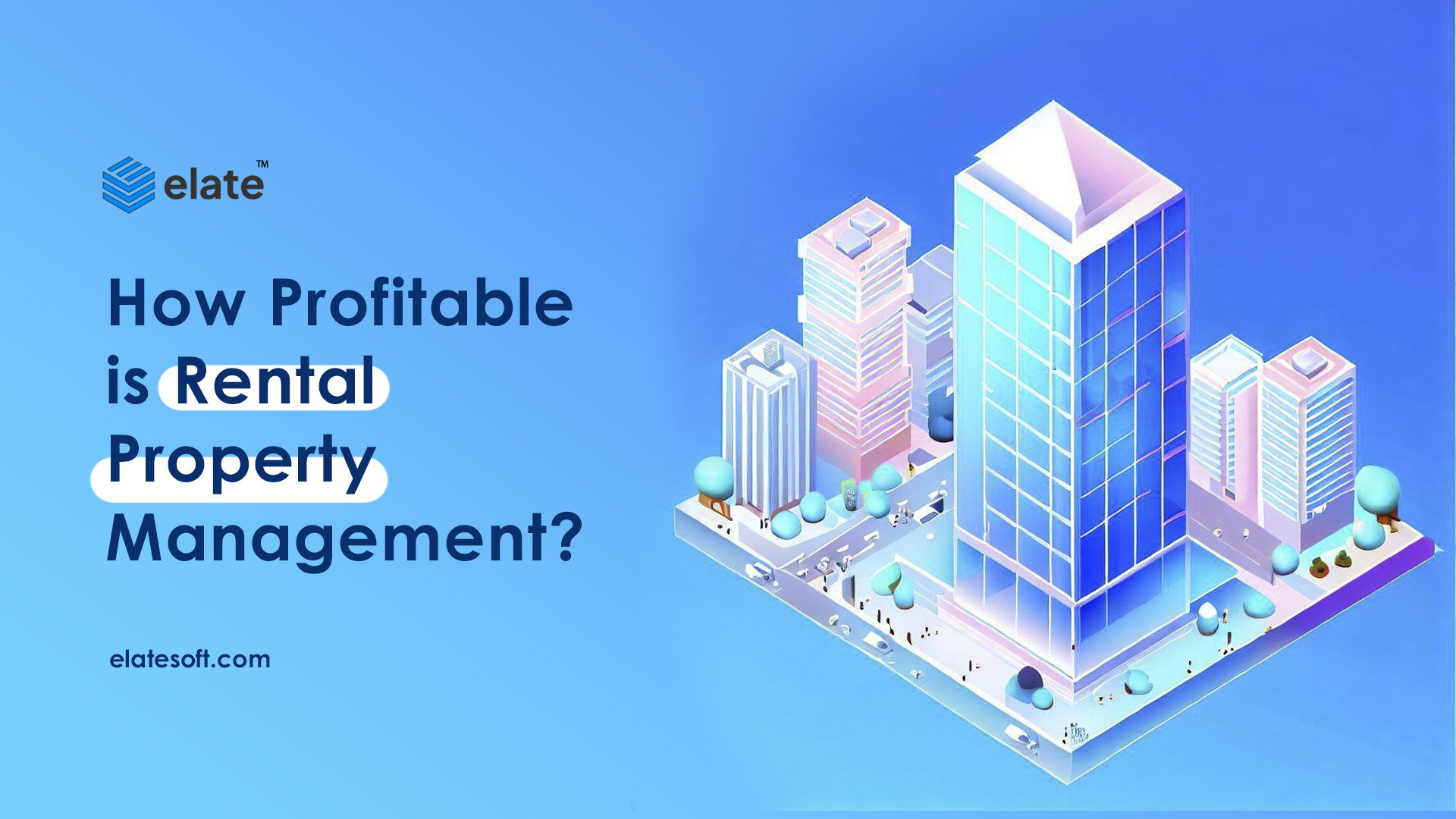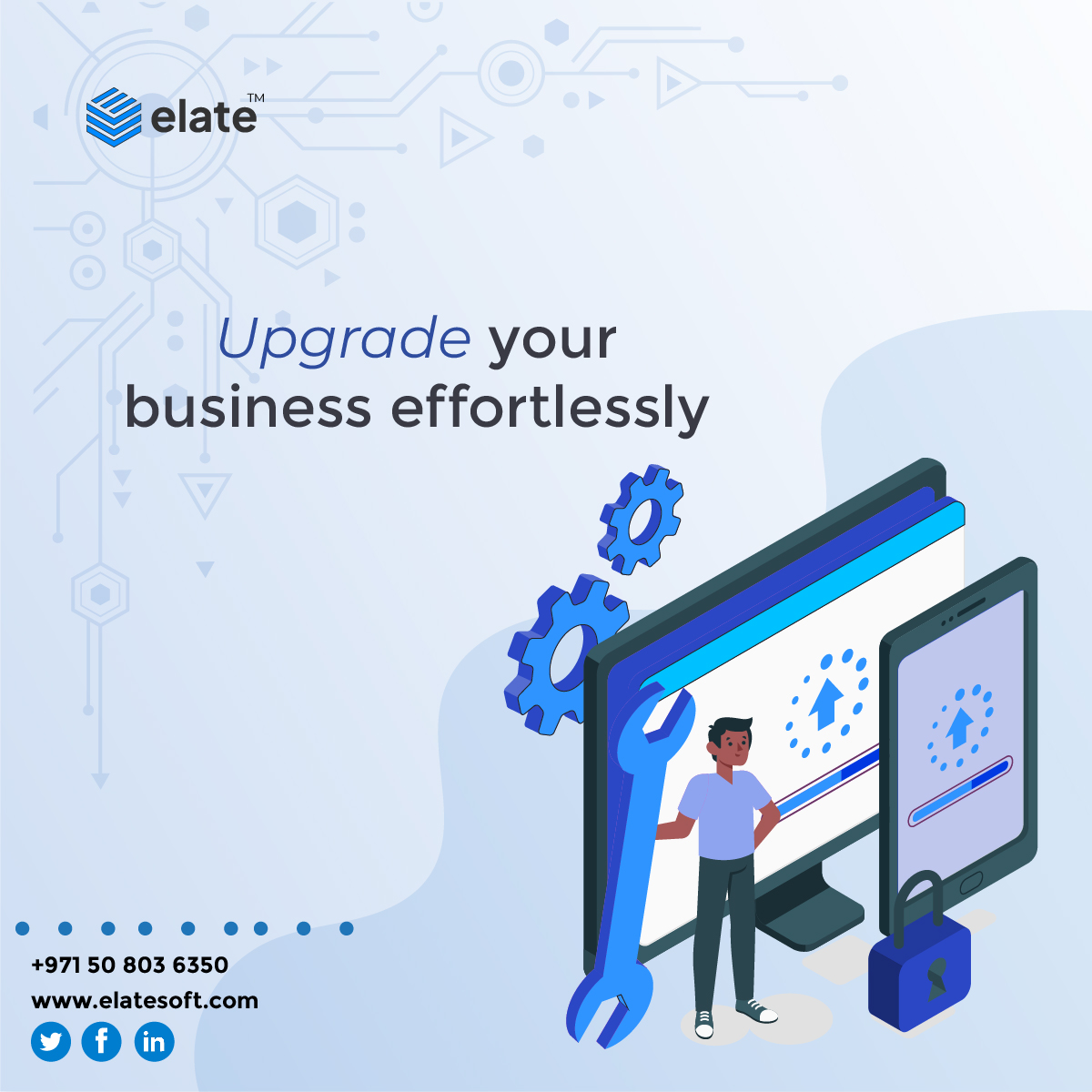
12/14/2023
Conventional ERP vs. Cloud ERP Solution
For a few years now, people are dwelling on the dilemma of what to choose between conventional ERP and Cloud ERP Solutions. (Conventional ERP vs. Cloud ERP)
After the advent of the digitalization era, enterprise and resource planning software became a need. It occurred in the first decade of the 1990s. However, the idea was developed much earlier to offer business management using a variety of terms. Business organizations need enterprise resource planning software, which had a surge in the decade following the turn of the century. As the need increased for these software solutions, there was an increase in their variety as well globally. This resulted in providing business management to the organizations efficiently.

Enterprise Resource Planning or ERP systems are critical for businesses to streamline operations, manage resources, and enhance productivity. With the advancement of technology, organizations now have the option to choose between conventional ERP solutions installed on-premises and cloud-based ERP solutions. In this blog post, we will compare conventional ERP and cloud ERP solutions. Ultimately it will help you understand the differences, benefits, and considerations involved in making the right choice for your business.
What are Conventional ERP Solutions
In a word, Conventional ERP solutions are installed on the organization’s servers and infrastructure. They require a substantial upfront investment in hardware, software licenses, and IT infrastructure.
What are Cloud ERP Solutions
Comparatively, Cloud ERP solutions are hosted on the vendor’s servers and accessed through the Internet. They offer several advantages over conventional ERP solutions.
Let’s explore the key differences between Conventional ERP and Cloud ERP Solution
Conventional ERP vs. Cloud ERP Solution
Control and Customization:
Although you can customize traditional ERP software, these modifications are often unique to your present software deployment. But it can be difficult to migrate to newer versions. Any previously created customizations will be lost after upgrades. Then your IT staff will need to recreate them from scratch as your ERP supplier publishes new product updates and enhancements. As a result, many businesses choose to move to cloud-based ERP rather than modernizing their outdated traditional ERP software.
The provider can update the Cloud-based ERP solutions regularly, in contrast to traditional ERP software providers. By doing this, providers guarantee that you always have access to the most recent, most sophisticated version of your ERP software. You can carry forward any customizations and integrations you have already put in place immediately when you update the solution. This happens because of the cloud-based architecture that underpins today’s top cloud apps, negating the need for extra investment.
Data Security and Reliability:
With conventional ERP, organizations have complete control over data security measures. They can implement internal security protocols and ensure compliance with industry-specific regulations.
Reputable cloud ERP vendors invest heavily in data security measures, including encryption, access controls, and regular security audits. They have robust disaster recovery plans and ensure high system availability and uptime. Cloud ERP providers put data and apps on Cloud servers and databases with the highest level of financial security to thwart harmful assaults.
The typical Cloud ERP vendor decides to deliver several trustworthy Cloud platforms on a dedicated and dependable Cloud platform, back up data and software information, and guarantee the regular operation of the software. When a traditional ERP system malfunctions, cloud ERP prevents software paralysis, data loss, and other issues.
Maintenance and Upgrades:
Organizations using conventional ERP are responsible for system maintenance, updates, and backups. They need to allocate resources for IT support and dedicate time to system upgrades.
Cloud ERP providers handle system updates, maintenance, and backups. Organizations benefit from the latest features and security enhancements without dedicating resources to IT support and maintenance tasks.
Scalability and Flexibility:
Scaling a conventional ERP system requires additional hardware and infrastructure investments. It can lead to longer implementation timelines and higher costs when expanding operations or accommodating business growth.
Cloud ERP solutions are highly scalable and flexible. Organizations can easily adjust system resources, add or remove users, and expand operations without the need for significant hardware investments or complex migrations.
Accessibility and Mobility:
Traditional ERPs are only capable of this since they are product-based solutions. This is in contrast to cloud-based ERP solutions, which are service-based modules. Additionally, you can not tailor traditional solutions further and change to meet customer needs in situations other than initial implementation, whereas cloud-based solutions can.
Cloud ERP allows users to access the system from anywhere with an internet connection. This enables remote work, facilitates collaboration among distributed teams, and empowers employees to access real-time data on the go.
Cost-Effectiveness:
Traditional ERP system implementation entails significant up-front and continuing expenses. The costs include buying and maintaining the requisite servers, computers, software, and infrastructure. Additionally, you might need to spend extra money on hiring and training staff if your business lacks an experienced IT team. Additionally, the IT team must devote a lot of time and money to supporting traditional systems.
Since you simply need to implement the software to your requirements and access it via your computer’s internet connection, cloud-based ERP solutions often have lower startup expenses. To guarantee system dependability, data security, and the seamless deployment of product upgrades without compromising earlier customizations, the cloud ERP provider takes care of hosting and maintaining all IT infrastructure.
Cloud ERP eliminates the requirement for initial hardware purchases and lowers the cost of IT infrastructure. Organizations pay a subscription fee based on usage, making it more cost-effective for small and medium-sized businesses.
Final Thoughts - Conventional ERP vs. Cloud ERP
Choosing between conventional ERP and cloud ERP solutions depends on various factors, including the size of your organization, budget, customization needs, and IT capabilities. Conventional ERP provides more control and customization but requires significant upfront investment and ongoing maintenance. On the other hand, cloud ERP offers cost-effectiveness, scalability, accessibility, and automatic updates, but limits customization to some extent.
Ultimately, the decision should align with your organization’s specific needs, growth plans, and IT strategy. Evaluate the benefits, considerations, and long-term implications of each solution to make an informed decision. Consulting with ERP experts and vendors can provide valuable insights and help you select the ERP solution that best suits your business requirements.




